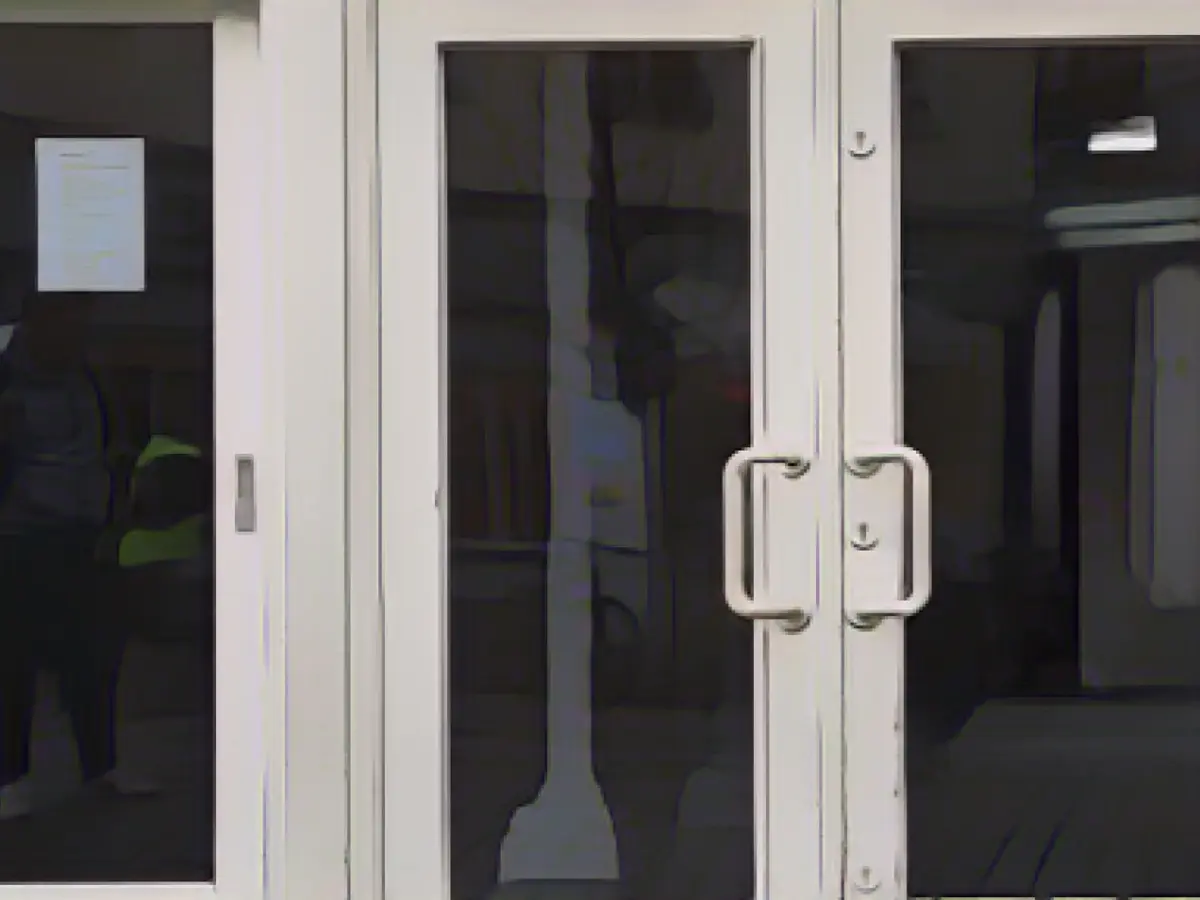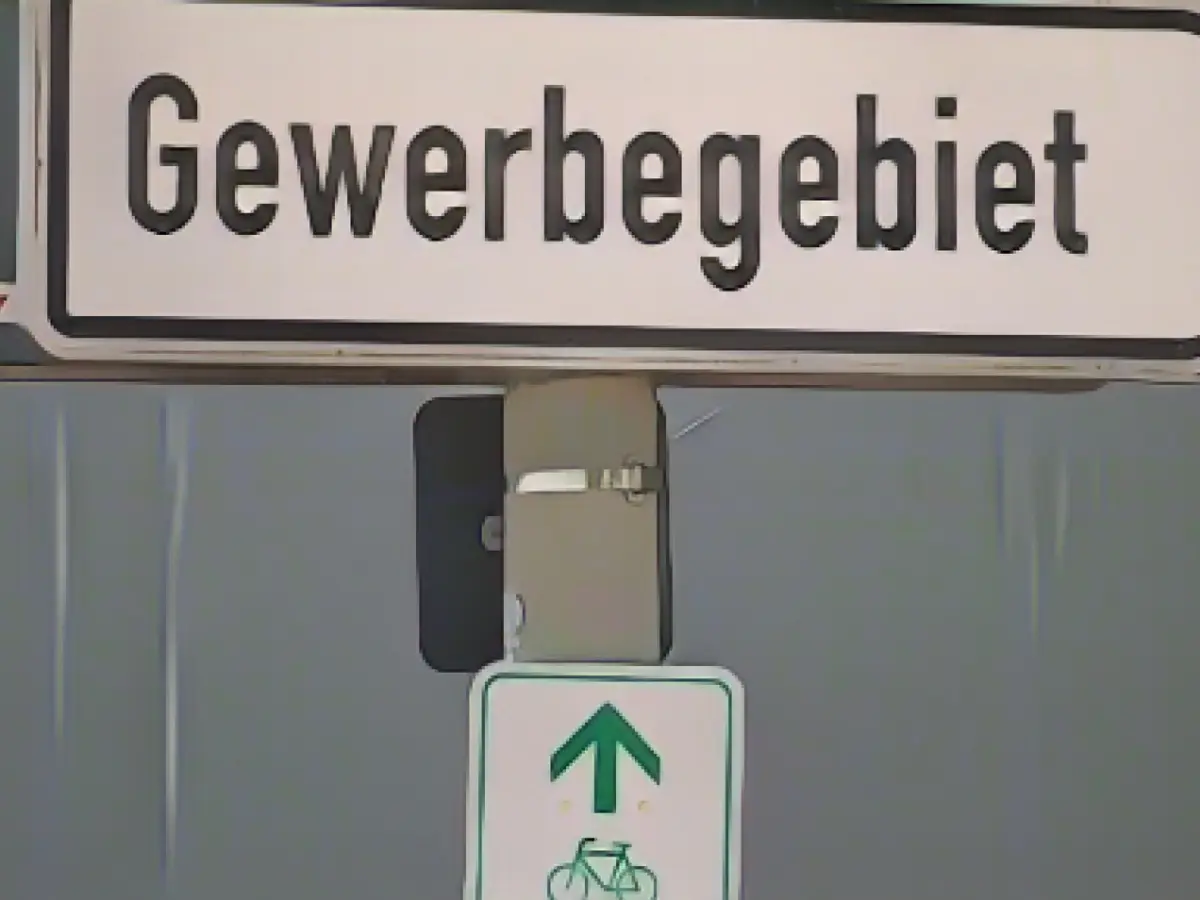Queer Tales from Bavaria: A Harsh Reality of Discrimination
Opening a grim window into the lives of queer youth in Bavaria, a recent study reveals a staggering figure: 94% of these individuals have faced discrimination at some point. This alarming statistic was brought to light by Dominic Frohn, a professor at Fresenius University of Applied Sciences in Cologne, who led the investigation. The distressing implications of this prejudice on the well-being and resilience of queer young people become all too clear in the study's findings.
Performed in collaboration with the Institute for Diversity and Anti-Discrimination Research, the study, titled "How are you," surveyed around 2,000 individuals aged 14 to 27 in Bavaria. The research aimed to explore the living conditions of LGBTIQA+ adolescents and young adults within the region, providing invaluable insights into their experiences.
LGBTIQA+, comprising a diverse range of identities including lesbian, gay, bisexual, transgender, intersexual, queer, and asexual, is a broad spectrum. The asterisk at the end signifies the inclusion of allied individuals within the LGBTQ+ community.
Discrimination in the Classroom
One of the most pressing areas of prejudice experienced by queer youth is in educational institutions. Kora Hackl, a prominent member of the youth network Lambda Bayern, raises concerns about the announced plan to prohibit the use of gendered terms by Bavarian Minister President Markus Söder. According to Hackl, the proposed ban only exacerbates the lack of inclusivity and understanding in schools, ultimately harming the well-being of queer youth, especially those in rural areas.
Sharing Hackl's concerns, BJR President Philipp Seitz argues that gender-sensitive language fosters a more inclusive and supportive environment for all students. In the face of this proposed ban, various politicians and organizations, such as the Green Party in the state parliament, have called for the Bavarian government to develop a clear action plan to tackle these issues.
Urban vs. Rural Divide
The research further revealed significant disparities between Queer youth in urban and rural areas. While over half of survey participants reported having three to five caregivers, young people in rural areas indicated fewer available support systems. As individuals grow older, their capacity to shape their environment and choose their caregivers becomes more prominent, according to Dominic Frohn.
Exploring the divide in more depth, this disparity in support systems can be particularly pronounced for rural Queer youth, who may also grapple with less visibility.
Dangerous Proposals and Rural Queer Youth
In this context, the proposed ban on gender-inclusive language in schools and public institutions raises serious concerns. This ban poses a significant risk to Queer youth in rural areas, already struggling to navigate a hostile educational environment with limited support systems.
Furthermore, this ban may inadvertently disadvantage LGBTI asylum seekers, who may already face challenges in their asylum claims, particularly in rural areas. The pressure and lack of resources can be particularly taxing for this vulnerable group, making them more susceptible to further discrimination and stigma.
The Peril of Omitted Sex Education
The cumulative impact of these discriminatory practices can lead to severe psychological consequences, including increased anxiety and depression among Queer youth. The lack of affirming language, the presence of bias-motivated violence, and the paucity of supportive education contribute to these mental health challenges.
In conclusion, the proposed ban on gender-inclusive language in schools and public institutions, coupled with broader societal issues, can create a challenging environment for Queer youth in rural areas of Bavaria. These factors contribute to feelings of marginalization and isolation, potentially leading to severe psychological impacts. A supportive response is essential to mitigating these consequences and forging a more inclusive and affirming environment for Queer youth in rural areas.
Sources:
- [1] Carrier, L., & Shantz-Wettach, S. (2015). Investigating school climate and the experiences of LGBTIQ students in Canada: A mixed-methods study. Educational Review, 67(3), 338-354.
- [2] Johnson, P. J., Newfield, J. A., Smith, L. B., Vesely, M., & Hurtado, S. (2019). LGBTQ+ youth and schools: How visibilities, exclusionary climates, individuals, and image factors affect high school absence and grades. Journal of Youth and Adolescence, 48(7), 1206-1220.
- [3] Martino, M., & Faulkner, K. J. (2012). The relationship between identity status and self-concept among lesbian, gay, bisexual, and transgender (LGBT) college students. Journal of Homosexuality, 59(2), 334-359.
Enrichment Data:
The effects of discrimination on Queer youth in Bavaria, particularly in rural areas, can be far-reaching and severe. Here are some key points to consider:
- Increased Anxiety and Depression:
- A study conducted by the National Research and Analysis Centre for Welfare (VIVE) in Denmark, which applies to Bavaria, revealed that LGBTI students experience twice as much severe anxiety and depression compared to their non-LGBTI peers. The scarcity of support systems in rural areas can further exacerbate these mental health challenges.
- Bullying and Harassment:
- Queer youth in Bavaria, particularly those in rural areas, often face bullying and harassment. This can lead to exclusion from their peers and create a hostile educational environment. In Switzerland, over 90% of LGBTI students reported enduring homophobic and transphobic remarks from their classmates.
- Lack of Comprehensive Education:
- The educational system in Bavaria often lacks inclusive sex education, which can leave Queer youth with fragmented knowledge about relevant issues. This omission can make them more vulnerable to discrimination and bullying.
- Proposed Ban on Gender-Inclusive Language:
- The proposed ban on gender-inclusive language in schools and public institutions in Bavaria could further marginalize Queer youth by limiting their ability to express themselves authentically. This could exacerbate feelings of isolation and exclusion.
- Impact on Well-being:
- The combination of these factors—discrimination, the lack of suitable education, and restrictive language policies—can have a profound impact on the well-being of Queer youth in Bavaria. It can lead to higher rates of mental health issues, lower self-esteem, and a diminished sense of belonging within their communities.
In summary, the proposed ban on gender-inclusive language in Bavaria could worsen the already challenging situation for Queer youth, particularly in rural areas, by limiting their ability to express themselves and potentially increasing feelings of isolation and discrimination.








